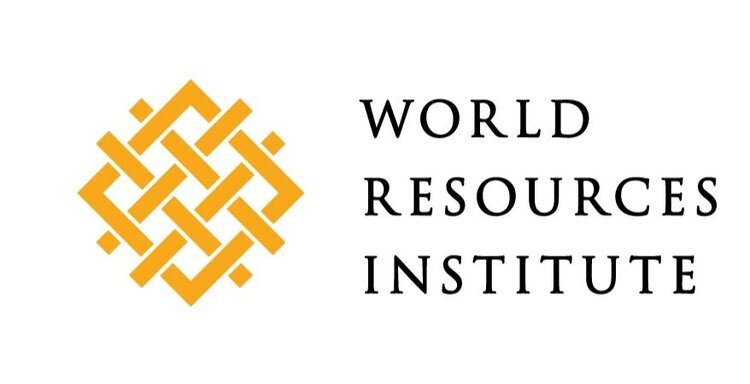There is an overwhelming amount of books, reports, and institutes devoted to climate. We’ve distilled it down to the essentials.
Books, Reports, and Institutes on our Radar
There is an overwhelming amount of books, reports, and institutes devoted to climate. We’ve distilled it down to the essentials.
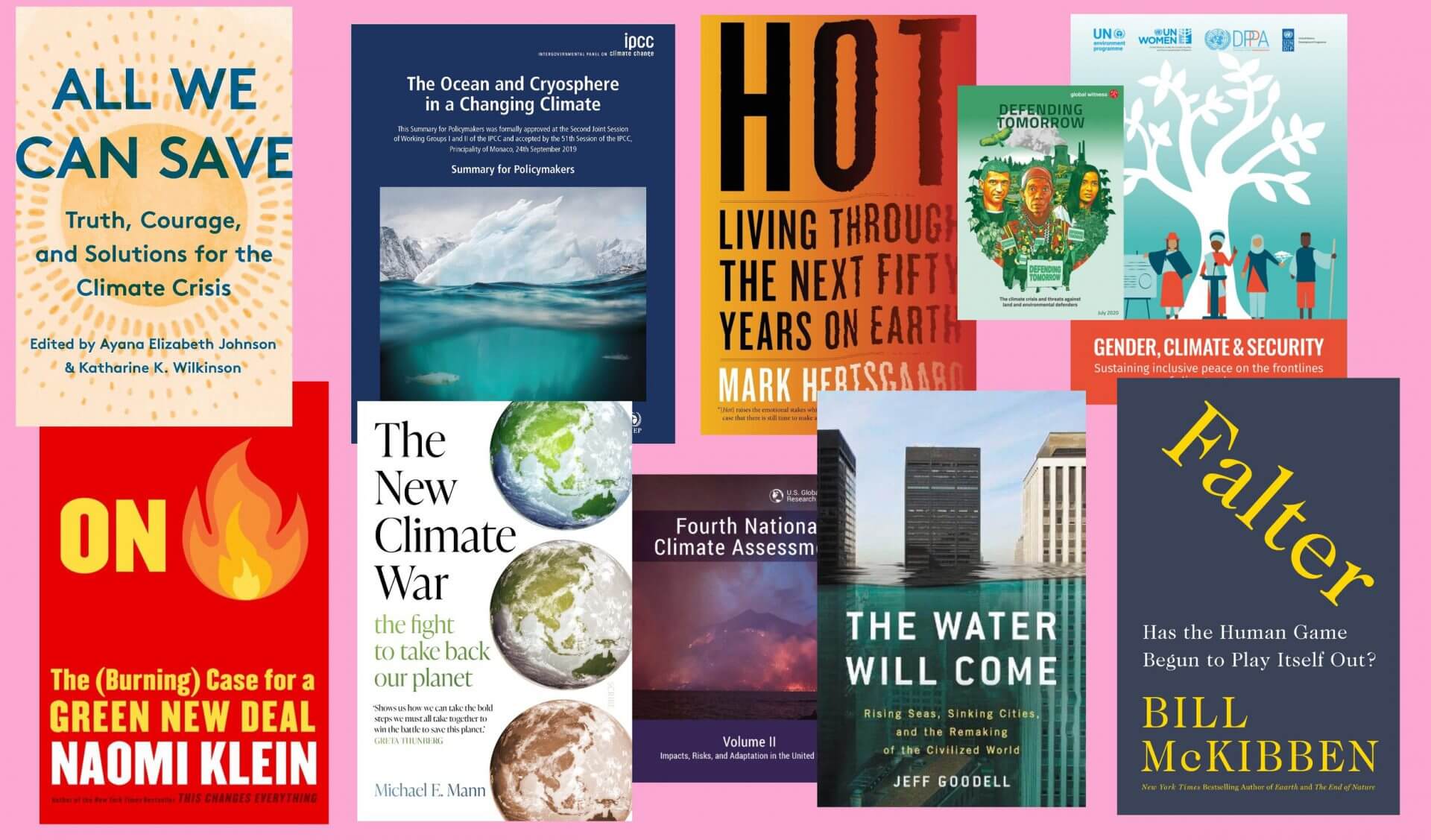
Books
“All We Can Save, Truth, Courage, and Solutions for the Climate Crisis” co-edited by Dr. Ayana Elizabeth Johnson and Dr. Katharine K. Wilkinson, 2020.
A compilation of provocative essays and poems by some 50 female thought leaders on the frontlines of climate change.
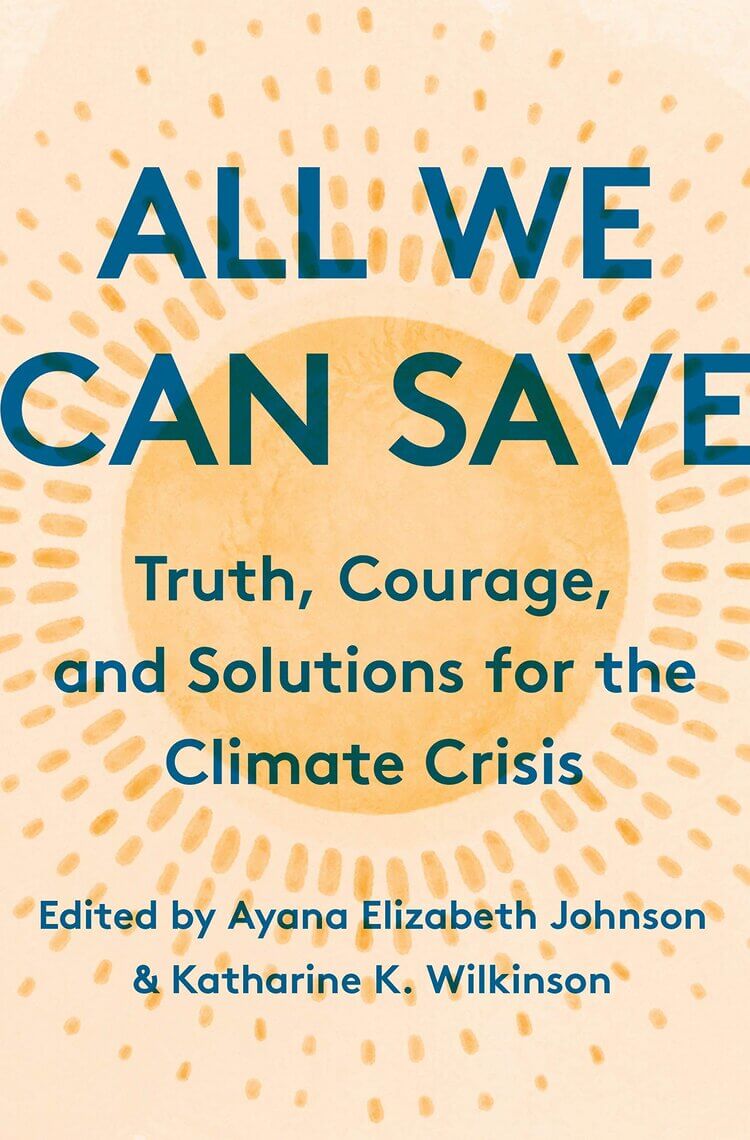
“The New Climate War: The Fight to Take Back Our Planet,” by Michael E. Mann, 2021.
Renowned climate scientist, Michael Mann, shows how fossil fuel companies have waged a thirty-year campaign to deflect blame and responsibility and delay action on climate change, and offers a battle plan for how we can save the planet.
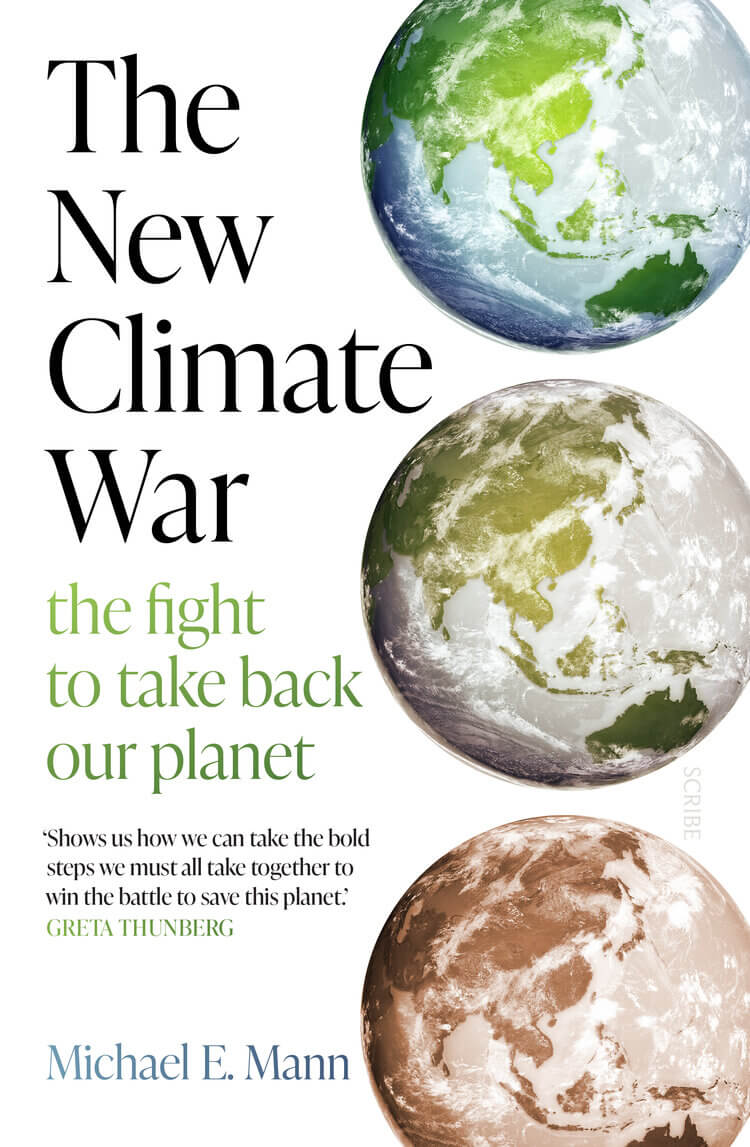
“Falter: Has The Human Game Begun To Play Itself Out?” by Bill McKibben, 2019.
As the author of the first mass-market book about global warming, “The End of Nature” (1989) McKibben has been covering climate change longer and better than anyone; “Falter” is the best summary available of the current climate moment.
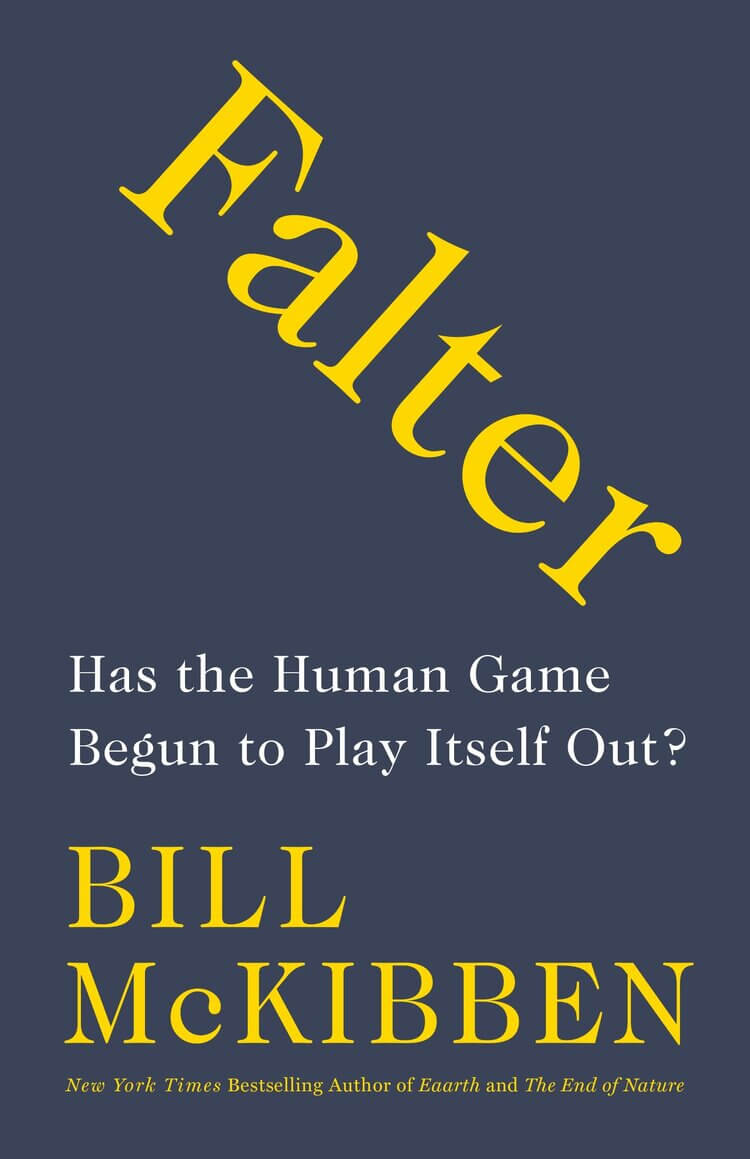
“HOT: Living Through The Next Fifty Years On Earth,” by Mark Hertsgaard, 2010.
Published ten years ahead of its time, HOT was the first book to explain that tackling climate change requires not only reversing global temperature rise, but also preparing for impacts that are already inevitable, including stronger heat waves, droughts, and storms.

“On Fire: The (Burning) Case for a New Deal,” by Naomi Klein, 2019.
The Green New Deal has become a buzzword for pundits and news stories, but if you want to understand what this proposed green stimulus program would actually do and why, start with this slim volume by one of its co-creators.
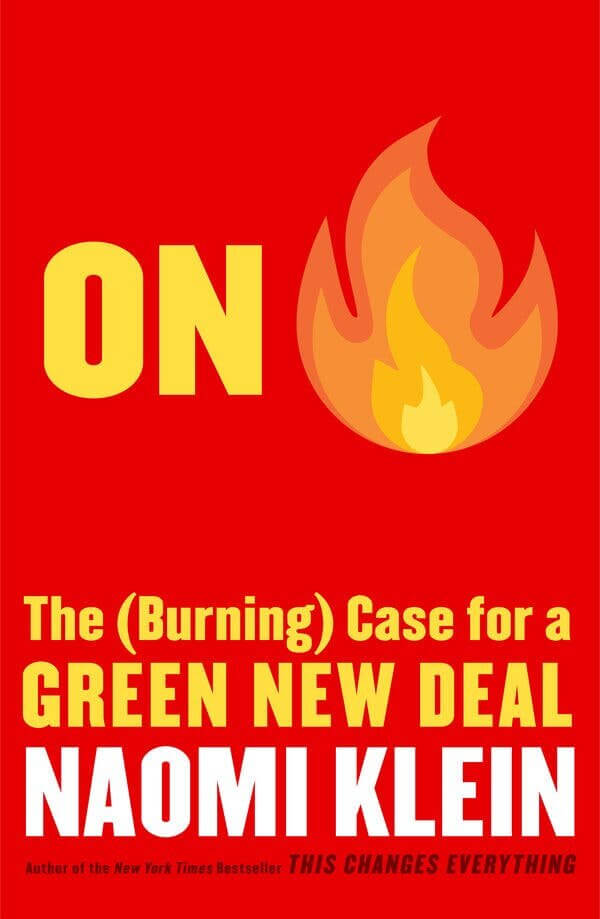
The “Drawdown Review” (2020) is an updated version of “Drawdown: The Most Comprehensive Plan Ever Proposed To Reverse Global Warming” Editor-in-Chief: Dr. Katharine Wilkinson
Scientifically rigorous and elegantly written, it ranks the 76 most effective climate solutions, demonstrating that it’s neither too late nor too costly to meet this challenge.
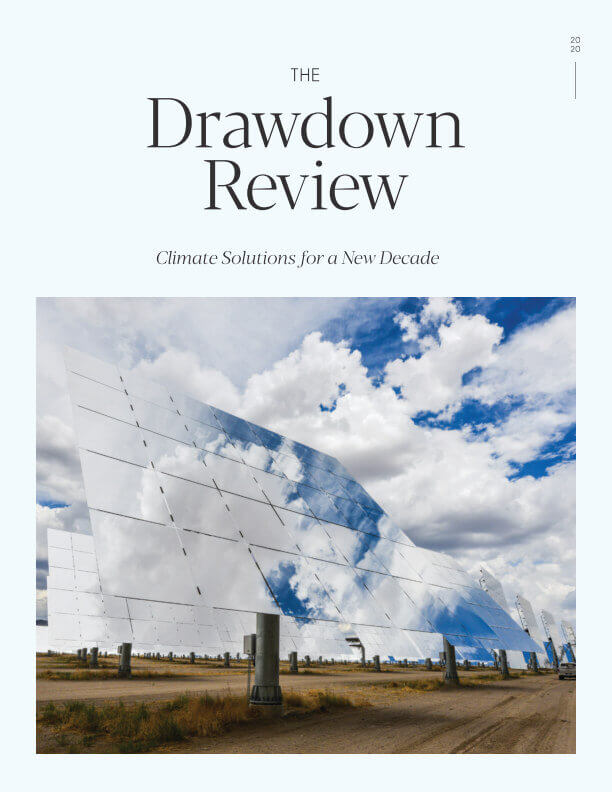
“The Water Will Come: Rising Seas, Sinking Cities, and the Remaking of the Civilized World,” by Jeff Goodell, 2017.
Veteran Rolling Stone reporter Goodell unflinchingly reports, at global scale, how sea levels will inexorably rise for centuries, making the key questions: How far, how fast, and how to adapt?
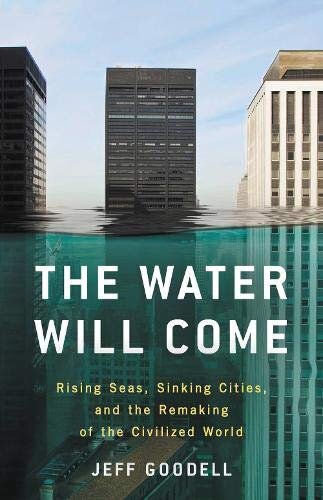
Reports and papers
There are thousands of scientific studies and reports on various aspects of the climate challenge; below are a handful of the most important. If science isn’t your strength, have no fear. Reading the executive summary usually suffices — and don’t be shy about asking the CCNow team for help.
“Special Report on Global Warming of 1.5 Degrees,” Intergovernmental Panel on Climate Change (IPCC), 2018.
This is the study that yielded the infamous, widely misinterpreted conclusion about “12 years or too late” to avoid climate catastrophe — and that also led to the founding of CCNow.
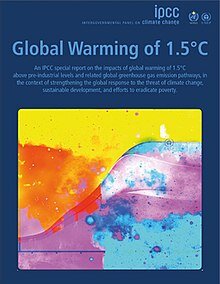
“Fifth IPCC Assessment Report,” IPCC, 2014.
The latest in a series of reports dating to 1990, the Fifth Assessment’s findings — Earth’s warming is “unequivocal” and “extremely likely” caused by humans — helped drive world leaders the following year to pledge in the Paris Agreement to limit temperature rise “well below” 2 degrees C.
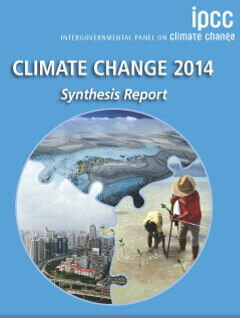
“Consensus on Consensus: A Synthesis of Consensus Estimates on Human-Caused Global Warming,” J. Cook, et al, Environmental Research Letters, 2016.
When you read that 97 percent of climate scientists agree that human-caused climate change is happening now and extremely dangerous, this study is the source (though the figure has subsequently risen closer to 100 percent).
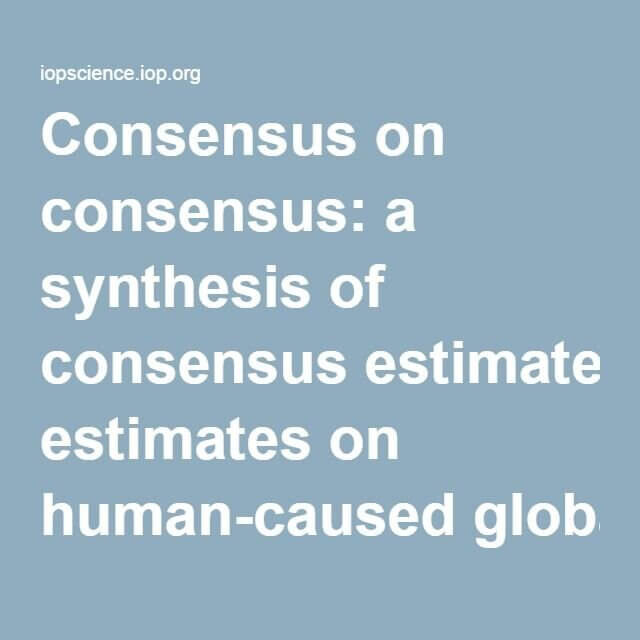
“Special Report on the Ocean and Cryosphere in a Changing Climate,” IPCC, 2019.
The oceans are the ultimate source of humanity’s fresh water and much else. Like the Earth’s polar and glacial ice, they are rapidly overheating with devastating effects.
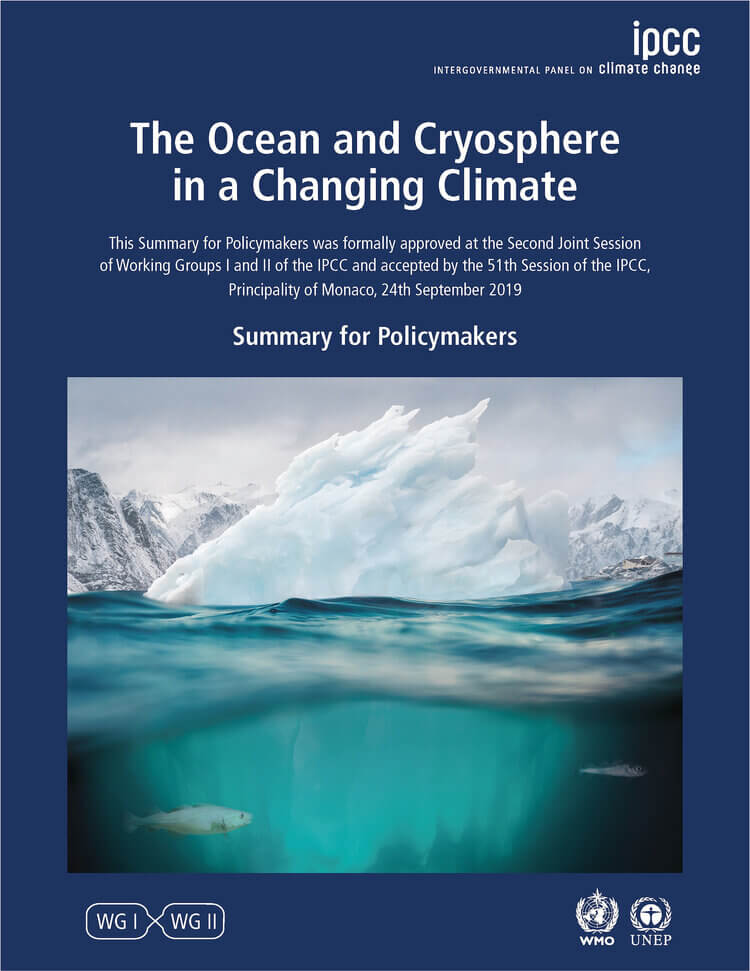
“Fourth National Climate Assessment, Volume II: Impacts, Risks, and Adaptation in the United States,” US Global Change Research Program, 2018.
So firmly written into US law that even the Trump administration couldn’t prevent their publication, these reports are invaluable for journalists seeking authoritative information on their locality’s climate outlook.
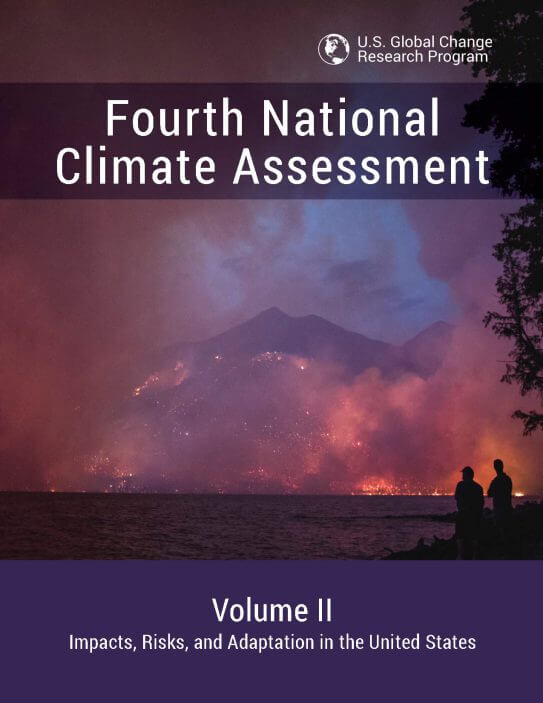
“West Antarctic Glacier Loss Appears Unstoppable,” NASA, 2014.
This study finds a rapidly melting section of the West Antarctic Ice Sheet appears to be in an irreversible state of decline, with nothing to stop its glaciers from melting into the sea.
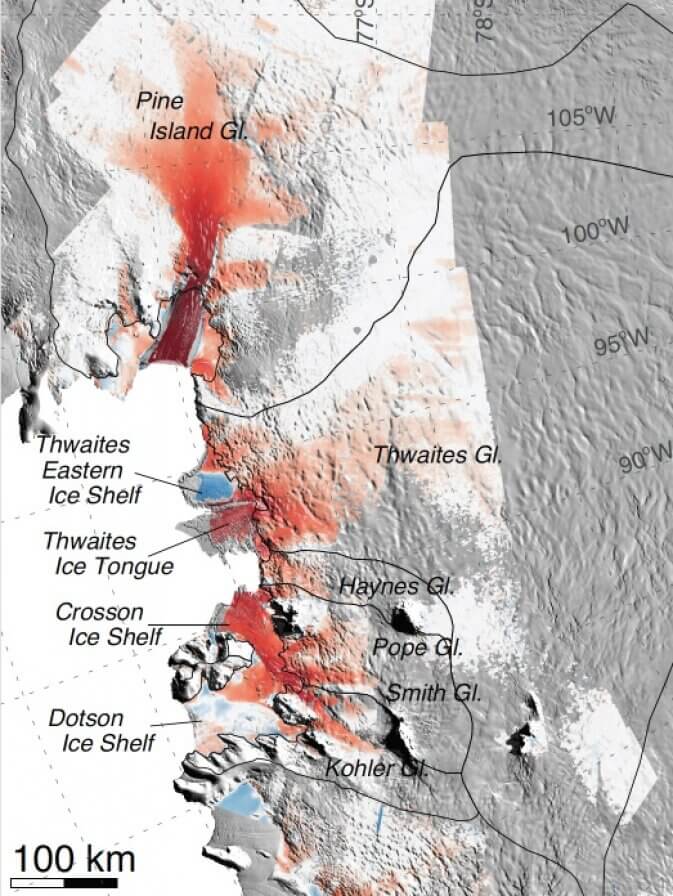
“Tropical Forests Are a Net Carbon Source Based on Aboveground Measurements of Gain and Loss,” A. Baccini, et al, Science, 2017.
This landmark study has an impossibly wonky title but essentially boils down to saying that tropical forests are now releasing more carbon than they’re storing — not a good thing.
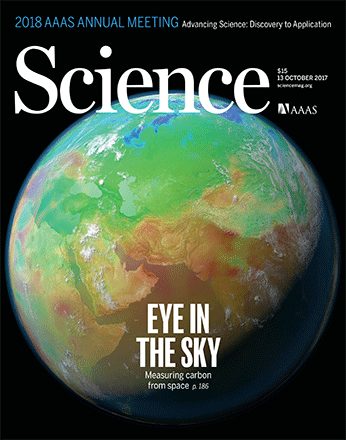
“Defending Tomorrow: The Climate Crisis and Threats Against Land and Environmental Defenders,” Global Witness, 2020.
Land and environmental defenders have been the first line of defense against the climate breakdown. This report explains how following their leadership, and safeguarding their human rights, can save us all.
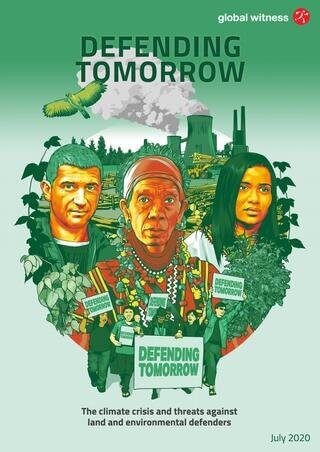
“WHO Global Strategy on Health, Environment, and Climate Change: The Transformation Needed to Improve Lives and Wellbeing through Healthy Environments,” World Health Organization, 2020.
This report illuminates the linkages between global climate change, rapid urbanization, and the risk of disease and human health issues.
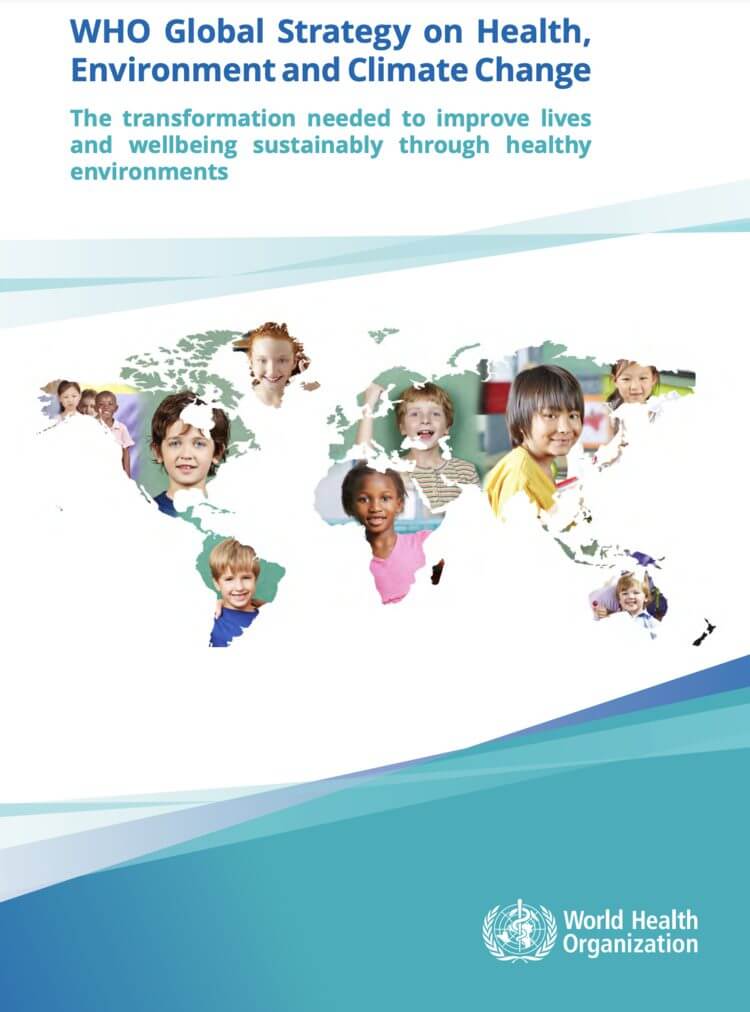
“Addressing Climate as a Systemic Risk: A Call to Action for U.S. Financial Regulators,” by Veena Ramani, Ceres, 2020.
This report outlines how and why U.S. financial regulators need to recognize and act on climate change as a systemic risk. It provides more than 50 recommendations for key financial regulators to adopt.
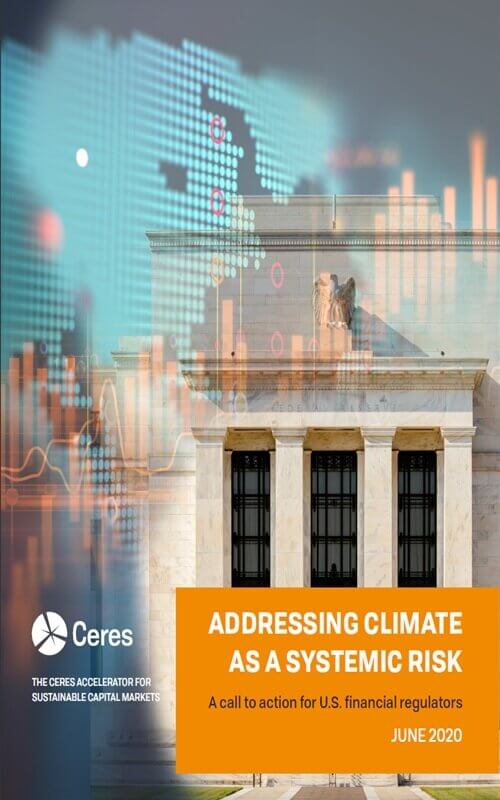
“Gender, Climate & Security: Sustaining Inclusive Peace on the Frontlines of Climate Change,” UN Environment & Development Programs, 2020.
This report uses a series of case studies to provide clarity around how men and women experience climate change related insecurity in different ways. It also gives concrete recommendations on how peace and security, climate action, and gender equality can be achieved globally.
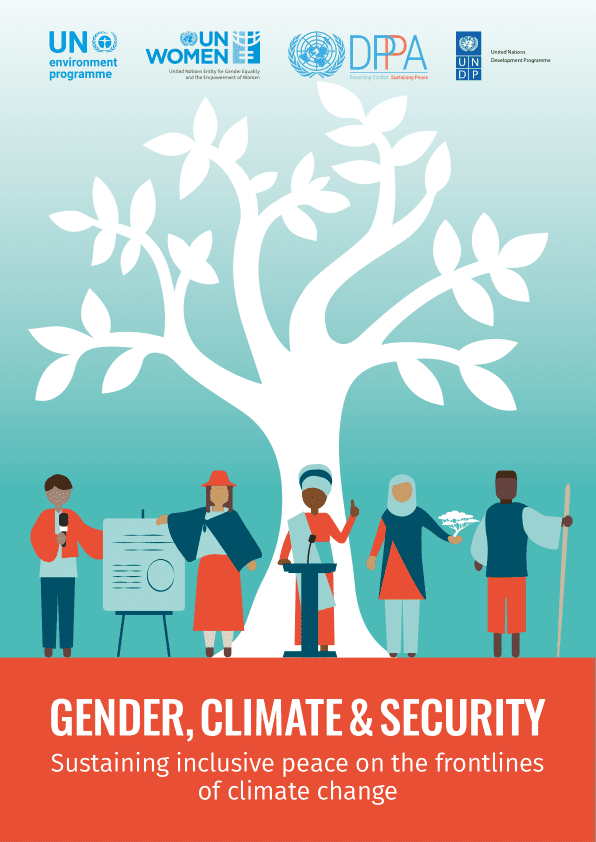
“The Nature Gap: Confronting Racial and Economic Disparities in the Destruction and Protection of Nature in America,” Center for American Progress, 2020.
People of color, families with children, and low-income communities are most likely to be deprived of the benefits that nature provides. This report examines the distribution of America’s natural areas to understand the types and extent of disparities in nature access that exist in the U.S.
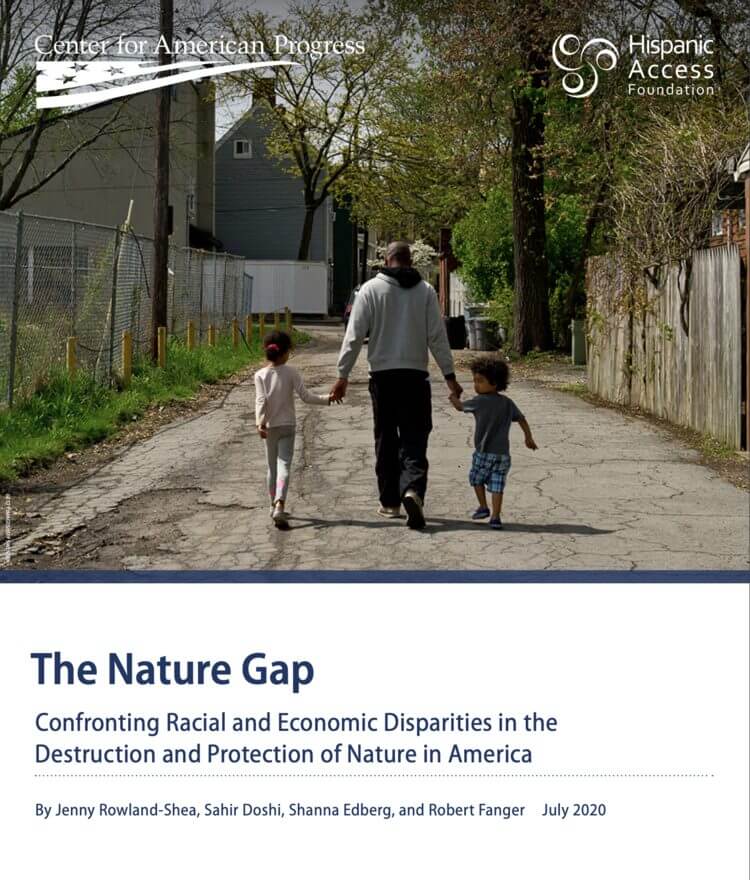
Research organizations
The Global Commission on Adaptation was founded by top international officials, heads of state and CEOs to foster “continued growth and more widely shared prosperity, even in a rapidly warming world.” See their blog page for a regularly updated selection of innovations and case studies, many focused on developing countries.
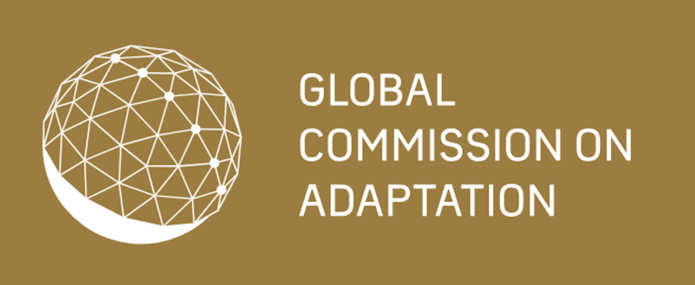
The International Centre for Climate Change and Development, based in Bangladesh, is perhaps the foremost research and action institution in the developing world working on adaptation to unavoidable climate impacts. ICCCD works with local partners to develop rigorous solutions from the ground up, with a focus on the global south.
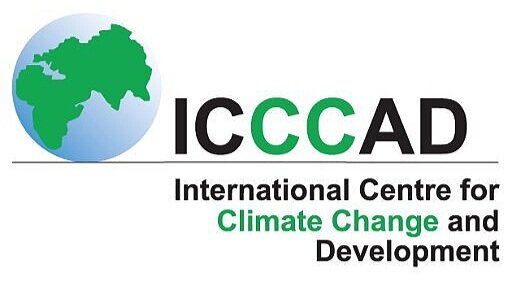
The Potsdam Institute for Climate Impact Research, based in Germany, is one of the world’s leading climate science organizations. Hans Joachim Schellnhuber, the institute’s director emeritus, has been an adviser to the governments of Germany, Great Britain and the Vatican, and the institute’s reports have long helped shape climate science and politics globally.

Skeptical Science examines the science and arguments of global warming skepticism, including common objections like ‘global warming is caused by the sun,’ ‘temperature has changed naturally in the past,’ or ‘other planets are warming too.’ Much of its content is available in multiple languages.
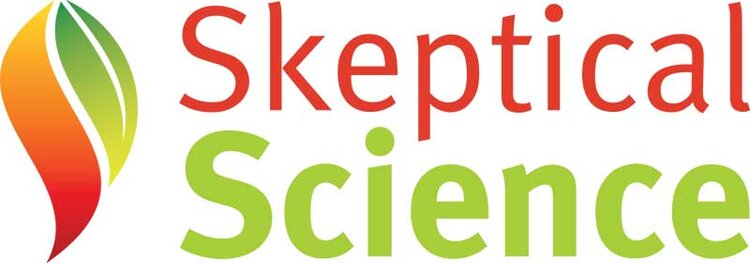
The Tyndall Centre for Climate Change Research is an example of Britain’s world class climate science capacity. A partnership among UK universities, the Tyndall Centre conducts and publicizes multi-disciplinary research aimed at helping decision makers understand both the physical and social science aspects of sound climate policy.
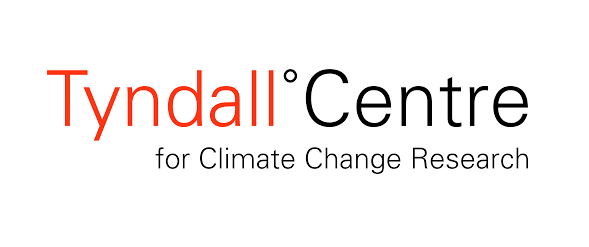
World Resources Institute, whose work and staff span more than 60 countries, is an endless source of authoritative, imaginative research grounded in the daily lives of real people but with an eye towards reforming national and global policies. WRI focuses on seven issues critical to environment and development: climate, energy, food, forests, water, cities, and the ocean.
